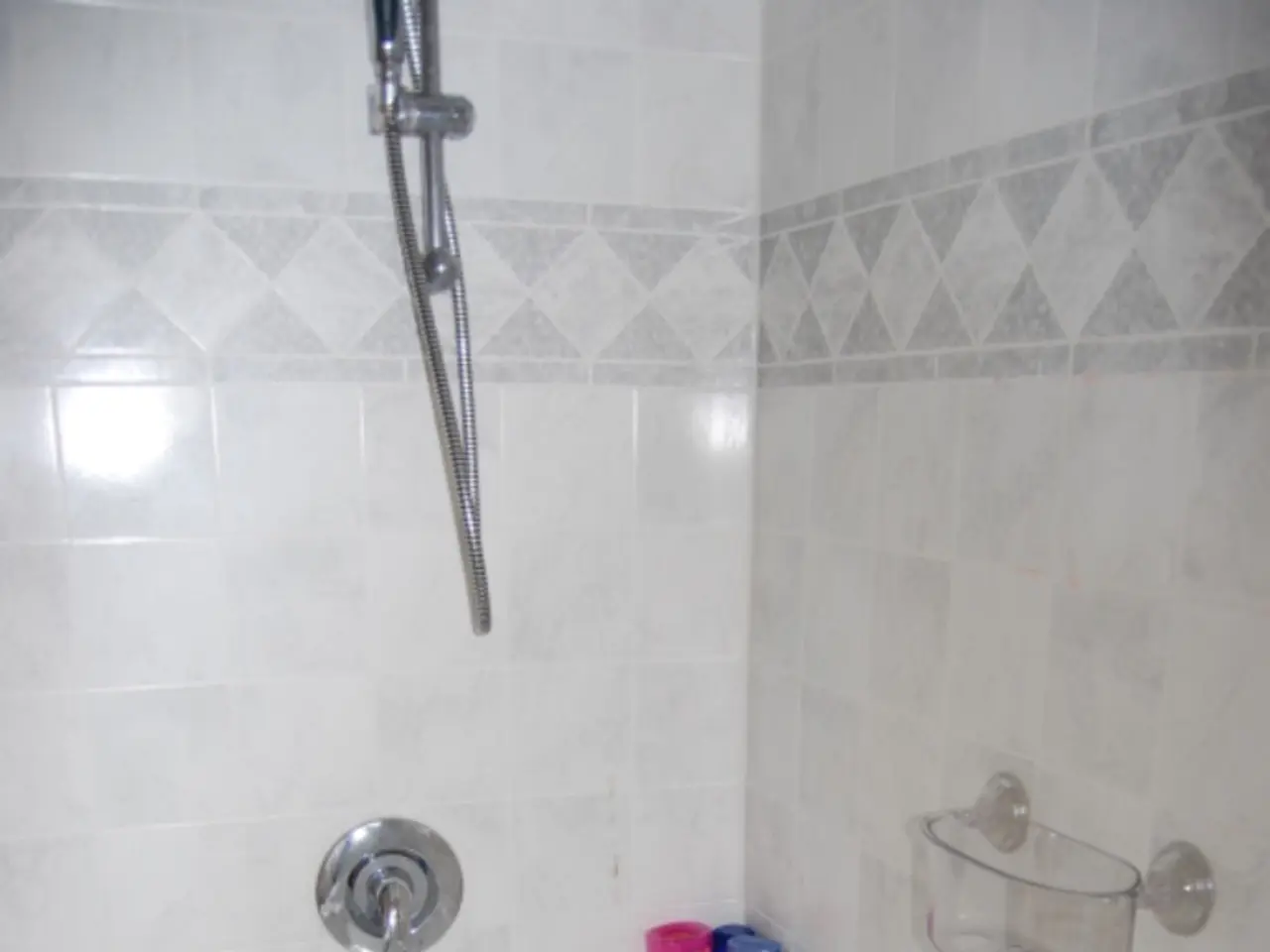Secure Infant Bathtime: Methods for Nigerian Households to Employ
In Nigerian households, traditional remedies and practices often play a significant role in caring for newborns and infants. This article aims to blend these traditional approaches with modern techniques, providing a holistic view on maintaining hygiene during baby bathing.
When it comes to bathing babies, safety, comfort, and hygiene are paramount. Here are some key steps to implement safe and effective baby bathing techniques:
- Prepare the bathing area: Ensure the bathroom is warm and steamy to prevent the baby from getting cold. Have a warm towel and clean clothes ready before starting.
- Use warm, not hot, water: The water temperature should be comfortably warm to the touch, about 37°C (98.6°F), to avoid burns or chills.
- Support the baby securely: Newborns have limited head control, so always support the head and neck carefully while bathing. Keep a firm but gentle hold to prevent slipping.
- Use mild, baby-safe soap sparingly: Clean the baby gently with products designed for sensitive infant skin, avoiding harsh soaps that can cause dryness or irritation.
- Bathing frequency and traditional practices: Nigerian families often incorporate cultural traditions in bathing newborns, such as specific herbal baths or rituals performed by grandmothers or experienced family members. These can be included as long as the products used are safe and the baby’s skin is monitored for any reaction.
- Focus on safety and warmth: Regardless of cultural variations, the core focus is to keep the baby safe, warm, and comfortable throughout the bath.
- Dry and dress promptly: After the bath, dry the baby thoroughly, especially the folds of the skin, and dress them warmly to prevent chilling.
- Proper bathing techniques are crucial to ensure the baby's safety and well-being. After drying the baby, apply appropriate moisturizers or lotions to keep the skin nourished and hydrated.
- Creating a consistent bathing schedule offers both comfort and cleanliness benefits for the baby. Guidance on proper support while holding the baby in the water and methods to gently clean specific areas of the body will be discussed in detail.
- Supported sitting position for babies (4 weeks - 6 months) is a method for bathing babies that requires a baby bathtub, warm water, mild baby soap, towels, washcloths, and clean clothes.
- Sponge bath for newborns (0-4 weeks) is a method for bathing newborns that requires a basin or sink filled with warm water, baby soap, clean towels, washcloths, diaper, and clean clothes.
- Babies can drown in even a few inches of water, so it is essential to avoid distractions and focus solely on the baby's safety during bath time. By utilizing easily accessible items like a plastic tub, clean towels, and mild baby soap, caregivers can enhance safety during the bathing process.
- Maintaining constant supervision is essential during bath time, as accidents can happen in an instant. Keep all bathing essentials within arm's reach to avoid leaving the baby unattended during bathing.
- Bathing a newborn or infant is a precious bonding time for parents in Nigeria. This post aims to provide concise yet effective guidance for Nigerian families on safe baby bathing practices.
By combining cultural knowledge with evidence-based practices, families can create a safe and enjoyable bathing experience for their little ones. The blog will shed light on practical methods for drying and dressing the baby post-bath, ensuring comfort and protection from temperature fluctuations. Ensure that the baby is dressed in clean clothes and put on a fresh diaper after bathing.
- In the process of baby bathing, it's crucial to prioritize health and safety, as well as comfort, considering that newborns have limited head control.
- While adhering to cultural traditions in baby bathing, such as Nigerian herbal baths or rituals, make sure the products used are baby-safe and monitor the baby's skin for any reactions.
- To ensure a warm and steamy environment during baby bathing, prepare the bathroom in advance and keep the water temperature at 37°C (98.6°F).
- Secure the baby gently during bathing, maintaining a firm hold to prevent slipping, and use mild, baby-safe soap sparingly to avoid irritation or dryness.
- Post-bath, dry the baby thoroughly and dress them warmly to prevent chilling, while applying appropriate moisturizers or lotions for nourished and hydrated skin.
- Creating a consistent bathing schedule will bring benefits such as comfort, cleanliness, and bonding for both the baby and the family.
- During bath time, maintain constant supervision and avoid distractions, as babies can drown even in a few inches of water. Keep all bathing essentials within arm's reach to ensure the baby's safety.




